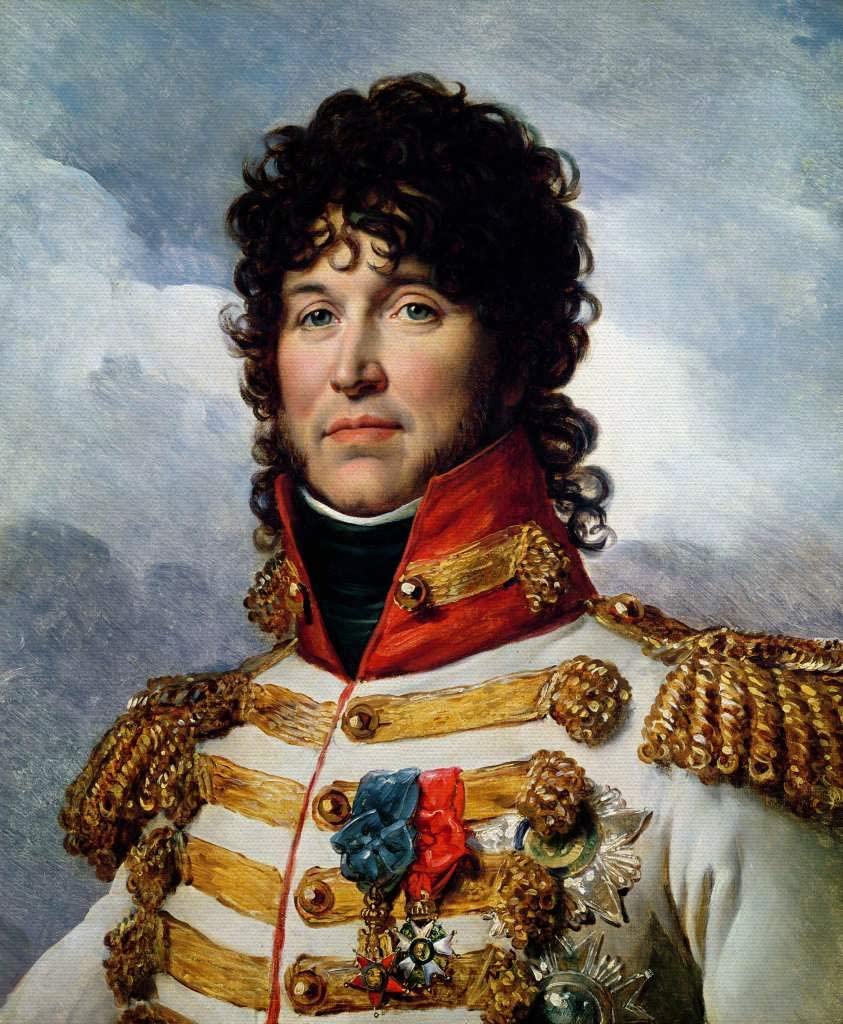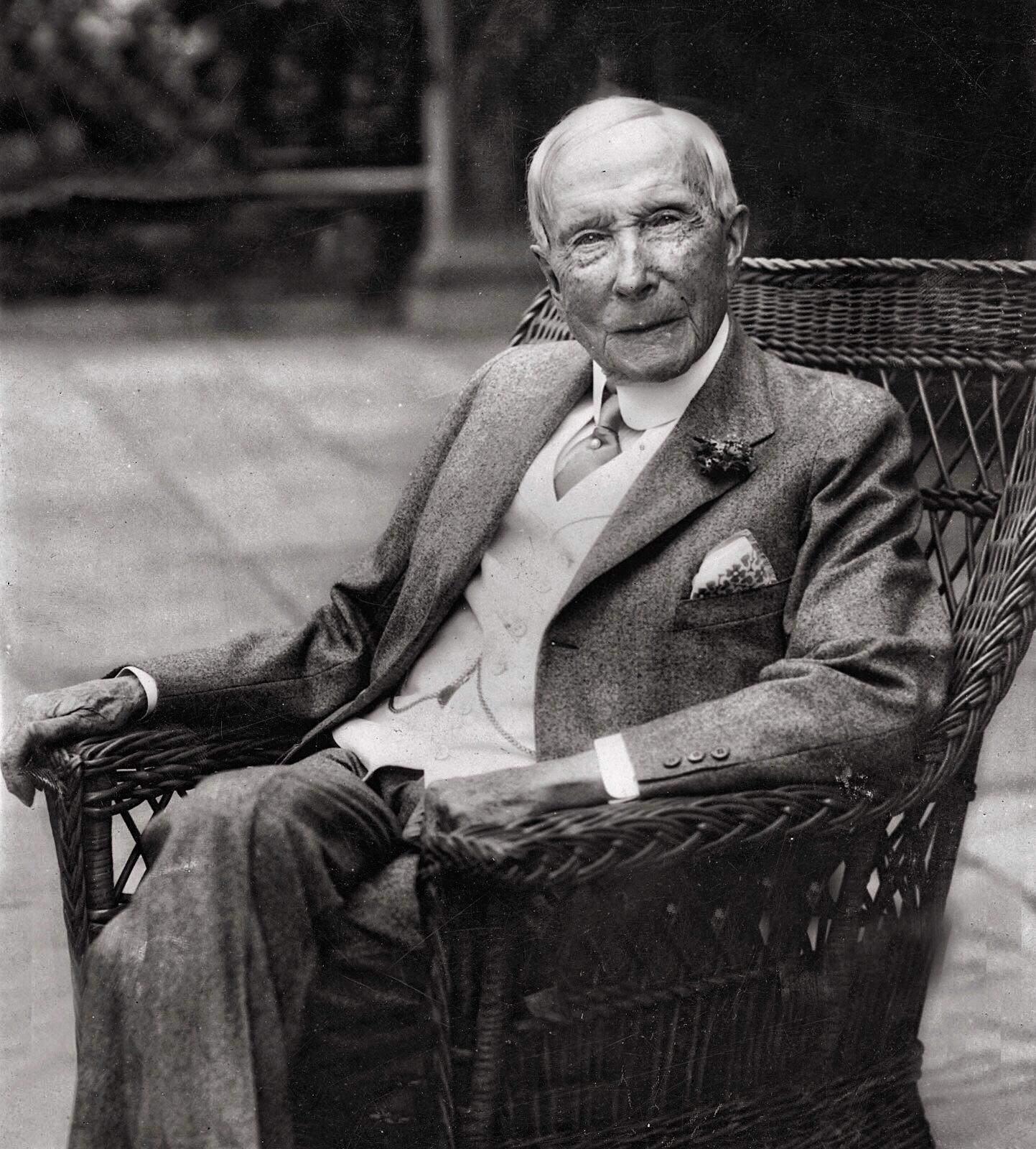|
Joseph Paul Forgas
Joseph Paul Forgas (born 16 May 1947) is an Australian social psychologist, currently Scientia Professor at the University of New South Wales, Sydney, Australia. He was born in Budapest, Hungary and emigrated to Australia at the age of 22. He is married with two children, and lives in Sydney's Eastern Suburbs. Biography He obtained a First Class Honours degree from Macquarie University, and then received scholarships for study in West Germany, and at the University of Oxford, where he obtained his doctorate. Prof. Forgas has been a consistently active and productive researcher, investigating the influence of cognitive and affective processes on interpersonal behaviours. He was among the first to apply multidimensional scaling to the study of cognitive representations of social interaction episodes in memory. Subsequently, he pioneered the systematic exploration of affective influences on social perceptions and judgments, mapping the boundary conditions for affect priming phen ... [...More Info...] [...Related Items...] OR: [Wikipedia] [Google] [Baidu] |
Budapest
Budapest (, ; ) is the capital and most populous city of Hungary. It is the ninth-largest city in the European Union by population within city limits and the second-largest city on the Danube river; the city has an estimated population of 1,752,286 over a land area of about . Budapest, which is both a city and county, forms the centre of the Budapest metropolitan area, which has an area of and a population of 3,303,786; it is a primate city, constituting 33% of the population of Hungary. The history of Budapest began when an early Celtic settlement transformed into the Roman town of Aquincum, the capital of Lower Pannonia. The Hungarians arrived in the territory in the late 9th century, but the area was pillaged by the Mongols in 1241–42. Re-established Buda became one of the centres of Renaissance humanist culture by the 15th century. The Battle of Mohács, in 1526, was followed by nearly 150 years of Ottoman rule. After the reconquest of Buda in 1686, the ... [...More Info...] [...Related Items...] OR: [Wikipedia] [Google] [Baidu] |
Academy Of Social Sciences In Australia
The Academy of the Social Sciences in Australia (ASSA) is an independent, non-governmental organisation devoted to the advancement of knowledge and research in the social sciences. It has its origins in the Social Science Research Council of Australia, founded in 1942. The Academy was established in 1971 to recognise and champion excellence in the social sciences and to provide evidence-based advice on a range of social policy issues. The Academy consists of an elected Fellowship of almost 700 distinguished Australian social science researchers and professionals who work together to: * Provide advice to governments on issues of national importance; * Promote understanding and awareness of the social sciences; and * Coordinate international cooperation and collaboration in the social sciences. Origins ASSA's functions were originally fulfilled through the Social Science Research Council of Australia, which was founded in 1942. A timeline of events leading up to ASSA's formati ... [...More Info...] [...Related Items...] OR: [Wikipedia] [Google] [Baidu] |
Social Psychologists
Social organisms, including human(s), live collectively in interacting populations. This interaction is considered social whether they are aware of it or not, and whether the exchange is voluntary or not. Etymology The word "social" derives from the Latin word ''socii'' ("allies"). It is particularly derived from the Italian ''Socii'' states, historical allies of the Roman Republic (although they rebelled against Rome in the Social War of 91–87 BC). Social theorists In the view of Karl MarxMorrison, Ken. ''Marx, Durkheim, Weber. Formations of modern social thought'', human beings are intrinsically, necessarily and by definition social beings who, beyond being "gregarious creatures", cannot survive and meet their needs other than through social co-operation and association. Their social characteristics are therefore to a large extent an objectively given fact, stamped on them from birth and affirmed by socialization processes; and, according to Marx, in producing and reproducin ... [...More Info...] [...Related Items...] OR: [Wikipedia] [Google] [Baidu] |
Australian Psychologists
Australian(s) may refer to: Australia * Australia, a country * Australians, citizens of the Commonwealth of Australia ** European Australians ** Anglo-Celtic Australians, Australians descended principally from British colonists ** Aboriginal Australians, indigenous peoples of Australia as identified and defined within Australian law * Australia (continent) ** Indigenous Australians * Australian English, the dialect of the English language spoken in Australia * Australian Aboriginal languages * ''The Australian'', a newspaper * Australiana, things of Australian origins Other uses * Australian (horse), a racehorse * Australian, British Columbia, an unincorporated community in Canada See also * The Australian (other) * Australia (other) * * * Austrian (other) Austrian may refer to: * Austrians, someone from Austria or of Austrian descent ** Someone who is considered an Austrian citizen, see Austrian nationality law * Austrian German dialect * Someth ... [...More Info...] [...Related Items...] OR: [Wikipedia] [Google] [Baidu] |
Hungarian Psychologists
Hungarian may refer to: * Hungary, a country in Central Europe * Kingdom of Hungary, state of Hungary, existing between 1000 and 1946 * Hungarians, ethnic groups in Hungary * Hungarian algorithm, a polynomial time algorithm for solving the assignment problem * Hungarian language, a Finno-Ugric language spoken in Hungary and all neighbouring countries * Hungarian notation, a naming convention in computer programming * Hungarian cuisine Hungarian or Magyar cuisine is the cuisine characteristic of the nation of Hungary and its primary ethnic group, the Magyars. Traditional Hungarian dishes are primarily based on meats, seasonal vegetables, fruits, bread, and dairy products. ..., the cuisine of Hungary and the Hungarians See also * * {{disambiguation Language and nationality disambiguation pages ... [...More Info...] [...Related Items...] OR: [Wikipedia] [Google] [Baidu] |
List Of Publications From Joseph Paul Forgas
List of publications by Joseph Paul Forgas Publications - books *1. Forgas, J.P. (1979). Social episodes: The study of interaction routines. London and New York: Academic Press. *2. Forgas, J.P. (Ed.) (1981). Social cognition: Perspectives on everyday understanding. London and New York: Academic Press. *3. Gardner, G., Innes, M., Forgas, J.P., O'Driscoll, M., Pearce, P. & Newton, J. (Eds.) (1981). Social Psychology. Melbourne: Prentice-Hall. *4. Forgas, J.P. (1985) Interpersonal behaviour: The psychology of social interaction. Sydney & Oxford: Pergamon Press. Reprinted 1988, 1990, 1993, 1996, 1998, 2000. :Also published in Japanese, Chinese, Persian and as: Forgas,J.P. (1988). Soziale Interaktion und Kommunikation. Munich & Weinheim: Psychologie Verlags Union. (Further editions in 1992, 1995, 1997, 1999, 2001). :Forgas, J.P. (1989). Comportamento Interpersonale. Roma: Armando Editore. (Further editions in 1995, 1998, 2000) :Forgas, J.P. (1989). A tarsadalmi erintkezes ... [...More Info...] [...Related Items...] OR: [Wikipedia] [Google] [Baidu] |
Hungarian Language
Hungarian () is an Uralic language spoken in Hungary and parts of several neighbouring countries. It is the official language of Hungary and one of the 24 official languages of the European Union. Outside Hungary, it is also spoken by Hungarian communities in southern Slovakia, western Ukraine ( Subcarpathia), central and western Romania (Transylvania), northern Serbia (Vojvodina), northern Croatia, northeastern Slovenia (Prekmurje), and eastern Austria. It is also spoken by Hungarian diaspora communities worldwide, especially in North America (particularly the United States and Canada) and Israel. With 17 million speakers, it is the Uralic family's largest member by number of speakers. Classification Hungarian is a member of the Uralic language family. Linguistic connections between Hungarian and other Uralic languages were noticed in the 1670s, and the family itself (then called Finno-Ugric) was established in 1717. Hungarian has traditionally been assigned to the Ugric alo ... [...More Info...] [...Related Items...] OR: [Wikipedia] [Google] [Baidu] |
Bari
Bari ( , ; nap, label= Barese, Bare ; lat, Barium) is the capital city of the Metropolitan City of Bari and of the Apulia region, on the Adriatic Sea, southern Italy. It is the second most important economic centre of mainland Southern Italy after Naples. It is a port and university city, as well as the city of Saint Nicholas. The city itself has a population of 315,284 inhabitants, over , while the urban area has 750,000 inhabitants. The metropolitan area has 1.3 million inhabitants. Bari is made up of four different urban sections. To the north is the closely built old town on the peninsula between two modern harbours, with the Basilica of Saint Nicholas, the Cathedral of San Sabino (1035–1171) and the Hohenstaufen Castle built for Frederick II, which is now also a major nightlife district. To the south is the Murat quarter (erected by Joachim Murat), the modern heart of the city, which is laid out on a rectangular grid-plan with a promenade on the sea and the majo ... [...More Info...] [...Related Items...] OR: [Wikipedia] [Google] [Baidu] |
Stockholm
Stockholm () is the Capital city, capital and List of urban areas in Sweden by population, largest city of Sweden as well as the List of urban areas in the Nordic countries, largest urban area in Scandinavia. Approximately 980,000 people live in the Stockholm Municipality, municipality, with 1.6 million in the Stockholm urban area, urban area, and 2.4 million in the Metropolitan Stockholm, metropolitan area. The city stretches across fourteen islands where Mälaren, Lake Mälaren flows into the Baltic Sea. Outside the city to the east, and along the coast, is the island chain of the Stockholm archipelago. The area has been settled since the Stone Age, in the 6th millennium BC, and was founded as a city in 1252 by Swedish statesman Birger Jarl. It is also the county seat of Stockholm County. For several hundred years, Stockholm was the capital of Finland as well (), which then was a part of Sweden. The population of the municipality of Stockholm is expected to reach o ... [...More Info...] [...Related Items...] OR: [Wikipedia] [Google] [Baidu] |
Social Psychology
Social psychology is the scientific study of how thoughts, feelings, and behaviors are influenced by the real or imagined presence of other people or by social norms. Social psychologists typically explain human behavior as a result of the relationship between mental states and social situations, studying the social conditions under which thoughts, feelings, and behaviors occur, and how these variables influence social interactions. History Although issues in social psychology have been discussed in philosophy for much of human history, the scientific discipline of social psychology formally began in the late 19th to early 20th century. 19th century In the 19th century, social psychology began to emerge from the larger field of psychology. At the time, many psychologists were concerned with developing concrete explanations for the different aspects of human nature. They attempted to discover concrete cause-and-effect relationships that explained social interactions. In ... [...More Info...] [...Related Items...] OR: [Wikipedia] [Google] [Baidu] |
Rockefeller Fellowship
The Rockefeller Foundation is an American private foundation and philanthropic medical research and arts funding organization based at 420 Fifth Avenue, New York City. The second-oldest major philanthropic institution in America, after the Carnegie Corporation, the foundation was ranked as the 39th largest U.S. foundation by total giving as of 2015. By the end of 2016, assets were tallied at $4.1 billion (unchanged from 2015), with annual grants of $173 million. According to the OECD, the foundation provided US$103.8 million for development in 2019. The foundation has given more than $14 billion in current dollars. The foundation was started by Standard Oil magnate John D. Rockefeller ("Senior") and son "Junior", and their primary business advisor, Frederick Taylor Gates, on May 14, 1913, when its charter was granted by New York. The foundation has had an international reach since the 1930s and major influence on global non-governmental organizations. The World Health Organiz ... [...More Info...] [...Related Items...] OR: [Wikipedia] [Google] [Baidu] |





